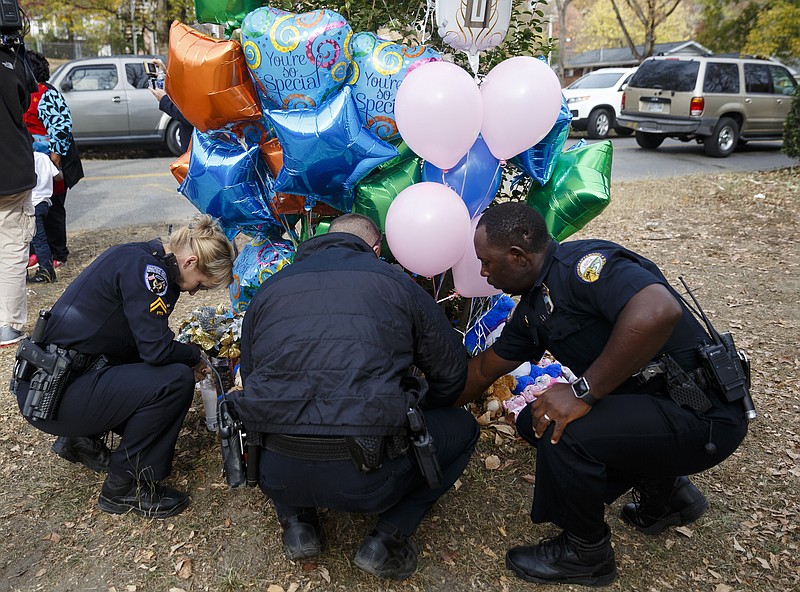Seat belt sensibility finally is emerging in the Tennessee General Assembly.
On Wednesday, state Rep. JoAnne Favors, D-Chattanooga, is expected to amend her bill from requiring all school buses to have seat belts by July 1, 2023, to requiring all new buses bought by schools and private contractors to have them.

The fiscal note that attached to her original bill probably sent shock waves throughout the legislature, coming as it did with a $58 million price tag for the state over five years and a $423.4 million total price tag for respective local districts.
The original bill was filed on the heels of the tragic Nov. 21 bus crash here in which six Woodmore Elementary School students were killed and many others injured when driver Johnthony Walker was said to be speeding along a twisty Talley Road.
The outcry about why that bus specifically, and schools buses in general, don't have seat belts began immediately and found few mitigating arguments in the wake of the tragedy. After all, it would have seemed insensitive for any legislator, official or parent to question whether the compartmentalized seating was safe enough (as some studies have shown), whether seat belt usage had any drawbacks on buses, whether outfitting the buses would be cost-prohibitive and who would make sure the children were wearing their belts.
"If just one of those Woodmore children could have been saved ...," the retort would have come quickly.
That was then.
Now, with the bill about to come before the full House Transportation Committee this week and the knowledge that existing buses weren't constructed so that they could easily be retrofitted with seat belts, even Favors says, "I think most people are agreeable to this."
After all, if the bill were to pass and not be amended, 79 percent of the estimated more than 9,100 public and private school buses would need to be replaced by July 1, 2023. As it is, an estimated 600 school buses are replaced annually, which means it should take about 15 years to equip the whole fleet.
Another Favors bill on raising the minimum age for drivers from 21 to 24 and one by the Haslam administration on training and oversight for drivers (which includes raising the minimum age of drivers) also will be considered this week.
We feel certain the legislative session won't close without some additional safety measures being put in place by lawmakers. We hope that will include seat belts on new buses. That's a more reasonable demand than the understandable, but ultimately not workable, suggestion of belts for all buses within five years.
